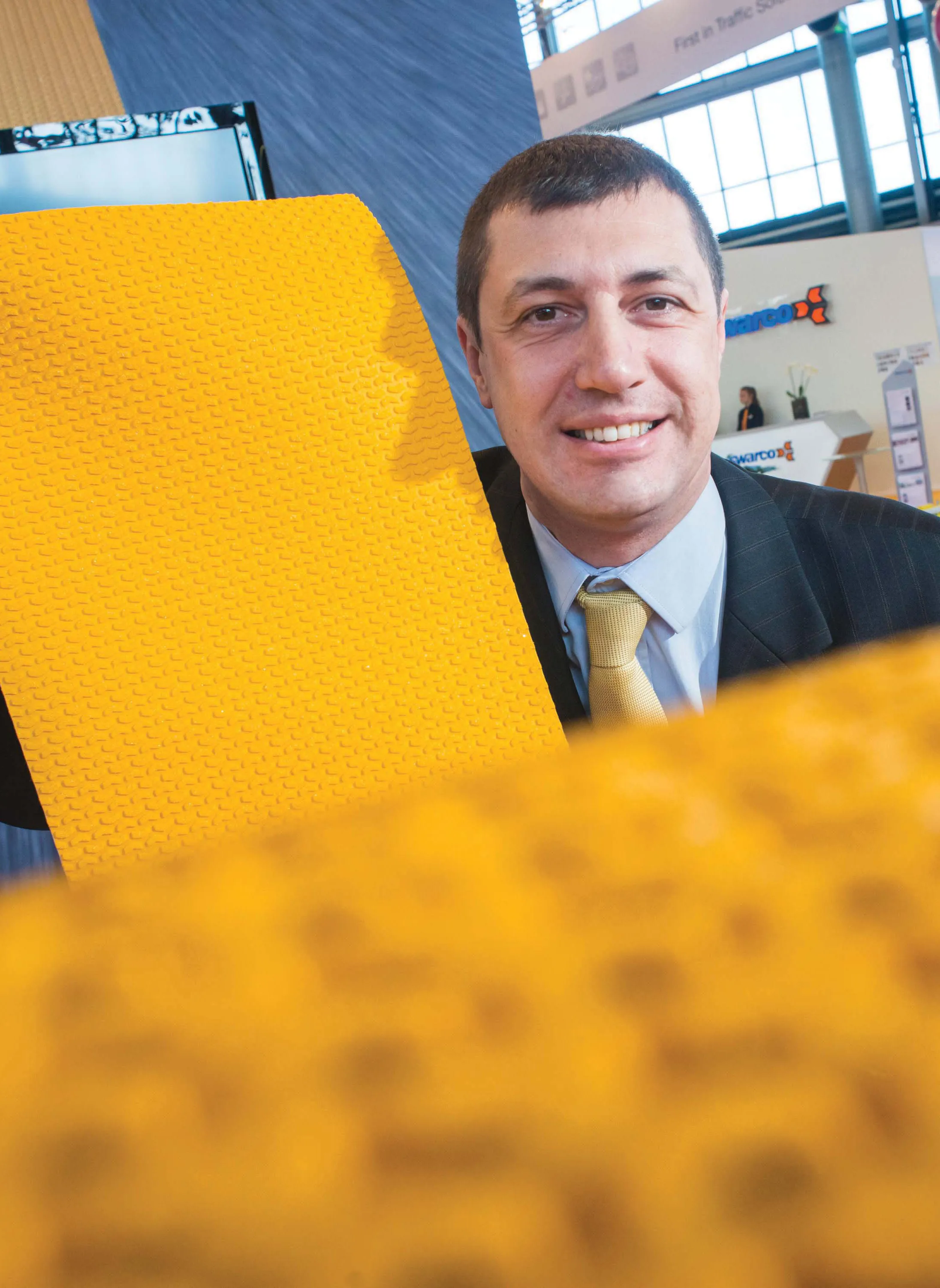Researchers at the highly prestigious MIT University in the US are developing technology for advanced autonomous vehicles, with the help of toy taxis and plastic ducks. The research team have set up a large test area to simulate urban streets, fitting cameras to the toy taxis to allow the development of sophisticated algorithms that will help in controlling full-sized autonomous vehicles when the work is complete. The plastic ducks meanwhile have been brought along to enjoy the ride, simulating the presence
August 23, 2016
Read time: 1 min
Researchers at the highly prestigious MIT University in the US are developing technology for advanced autonomous vehicles, with the help of toy taxis and plastic ducks. The research team have set up a large test area to simulate urban streets, fitting cameras to the toy taxis to allow the development of sophisticated algorithms that will help in controlling full-sized autonomous vehicles when the work is complete. The plastic ducks meanwhile have been brought along to enjoy the ride, simulating the presence of (uncomplaining) passengers.







